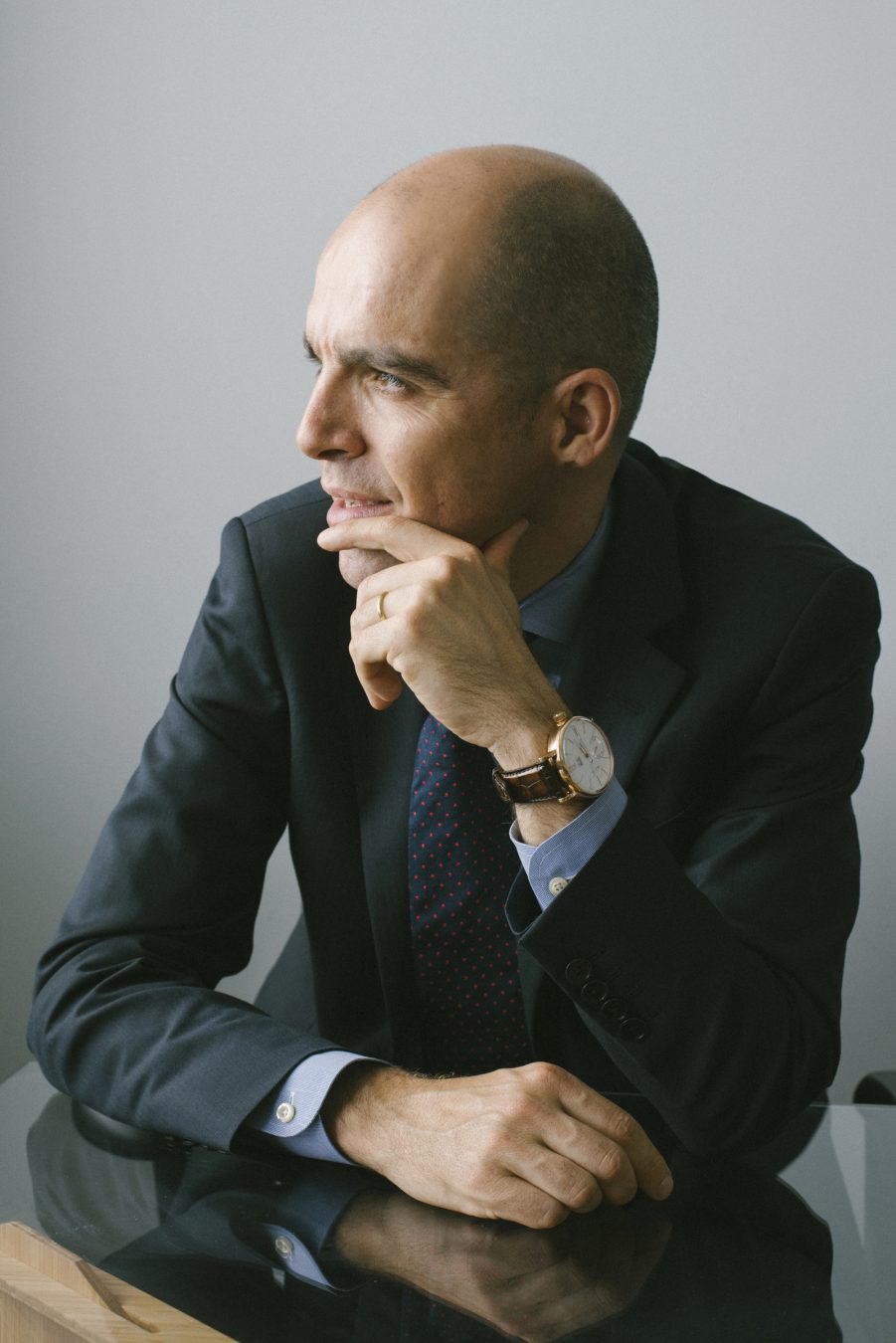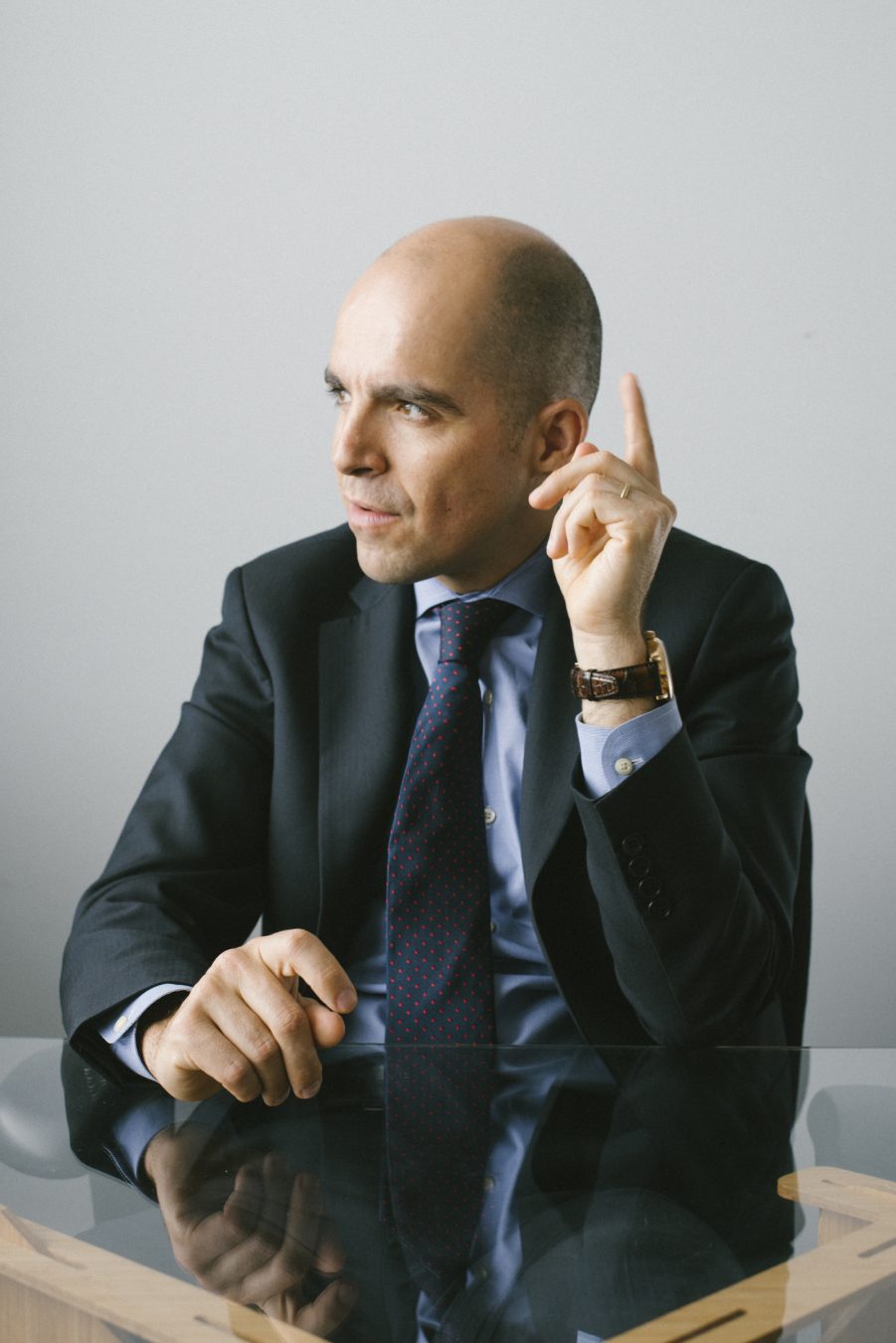At a private Vancouver gathering filled with watch-lovers, Edouard d’Arbaumont gives a short speech in which he declares his love for the watch brand he works for—the brand he is North American president of. “IWC is a heritage brand,” he says. “They honour the history every year, even as they evolve. It is always true to its origins.” Later, as he shows interested guests some of the more intricate, finer features of the watches on display, his devotion to IWC is obvious.
The next day, before boarding a plane to Las Vegas and then finally heading home to New York City, d’Arbaumont takes a few moments to talk more about the brand, about luxury goods in general, and about the “deep transition” taking place in the world of haute horology. What is that transition? “It is a deep, slow-moving change, but the number of successful brands will gradually be reduced to perhaps 10 to 15,” he says. “The investment needed today to be successful is huge. And new brands, well, it is virtually impossible to succeed. Once in a blue moon, yes. But I can think of only one or two in the last 10 years that have been successful.”
The notion that a watch brand can rest on its illustrious history is quickly dispelled by d’Arbaumont: “Never, never assume.” IWC is part of the Richemont Group, so resources are not scarce, but they must be smarter than ever about how to invest and engage.
Another challenge is more internal, and philosophical. How to balance IWC tradition with the need to evolve, to be commercially relevant in the 21st century? “Well, we do have a long history, over 150 years, and we always stay true to our roots,” d’Arbaumont says. “But really, it is the biggest headache we have, to balance that with being commercially relevant. Collectors, purists, do not really shop in the boutiques. I love spending time with them at events, talking about individual watches, special models from, say, 1998 or 1950. But, then we must sell IWC in the boutiques to pay the rent, of course. This is reality.” He adds, “you cannot please everyone; if you did, you would wind up with a pretty average product.”
He also sees the demand for grand complication pieces on a slight decline: “The worldwide market is not as demanding for those pieces as it was 10 years ago.” So, the fine watch business is in a state of flux, as regions rise and fall in terms of market demands, and it is becoming more and more a case of survival of the fittest. In the case of fine watches, “fittest” means heritage brands who know how to tell their story, stay true to their historical roots, and continue to invest in their commercial relevance in a hotly contested retail space. And d’Arbaumont is confident IWC is up to the challenge.










